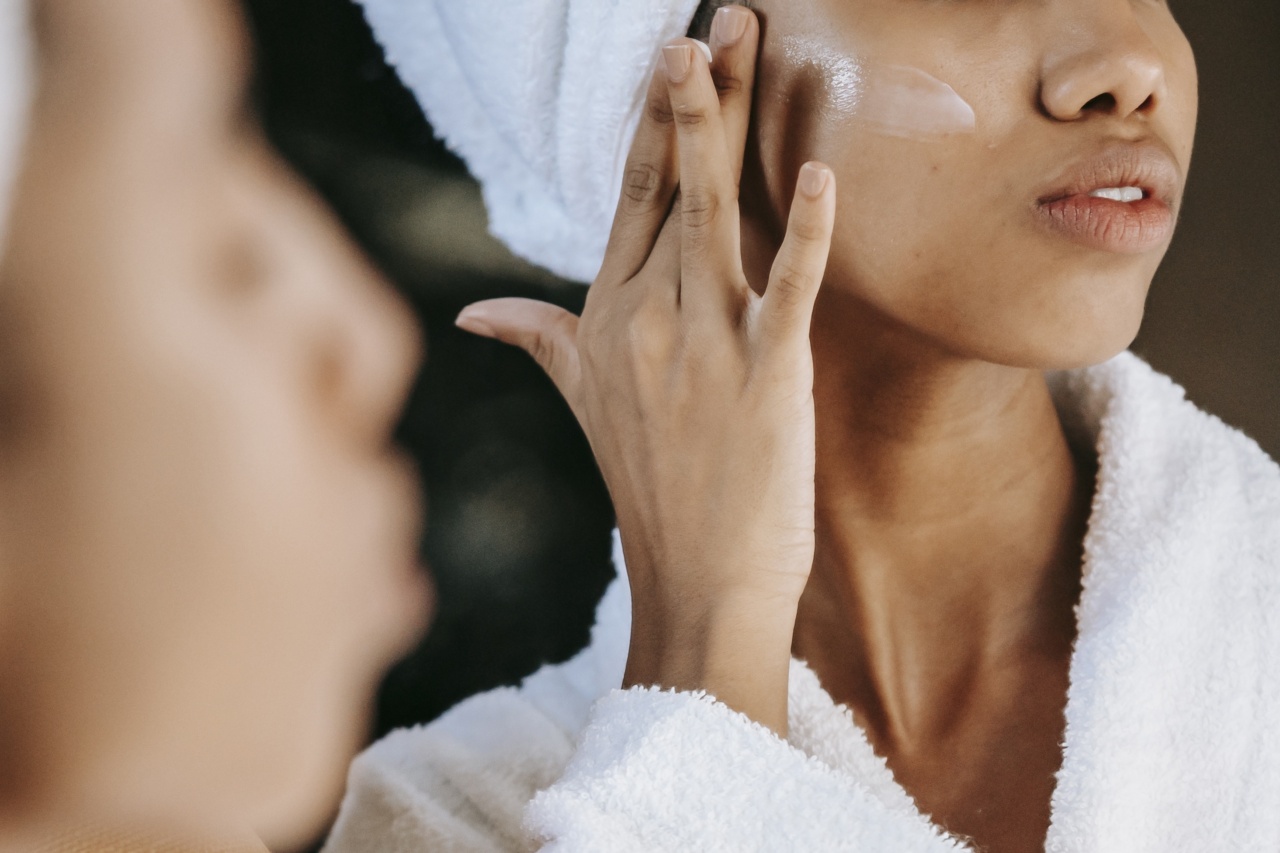Your skin is the largest organ of your body, and it is a direct reflection of your overall health and well-being. Just like any other organ, your skin needs proper nourishment to stay healthy and function optimally.
While a good skincare routine and using quality products are important, a key factor in achieving glowing and radiant skin lies in your diet. Incorporating nutrient-rich superfoods into your meals can provide your skin with the essential vitamins, minerals, and antioxidants it needs to thrive.
In this article, we will explore various superfoods that can help nourish your skin, along with tips on how to incorporate them into your daily routine.
The Benefits of Superfoods for Your Skin
Superfoods are known for their rich nutrient content and various health benefits. When it comes to your skin, these foods provide specific elements that promote a healthy complexion.
Let’s take a closer look at some of the benefits of incorporating superfoods into your diet:.
1. Hydration and Moisture
Avocado: This creamy fruit is packed with healthy fats that help moisturize your skin from the inside out. The high levels of monounsaturated fats in avocados help maintain the skin’s natural elasticity, keeping it soft and supple.
Cucumber: With its high water content, cucumbers provide hydration to your skin, reducing dryness and promoting a healthy glow. You can consume cucumbers in salads or use them as a cooling face mask for added benefits.
2. Antioxidant Protection
Blueberries: These tiny berries are a powerhouse of antioxidants, such as anthocyanins and vitamin C. Antioxidants protect your skin from free radicals, which can cause premature aging and damage.
Including blueberries in your diet helps maintain youthful-looking skin.
Green Tea: Known for its high levels of catechins, green tea helps eliminate toxins from your body. These antioxidants also help reduce inflammation in the skin, preventing issues like acne and redness.
3. Collagen Production
Oranges: Oranges are an excellent source of vitamin C, which plays a vital role in collagen production. Collagen is responsible for maintaining the elasticity and firmness of your skin, reducing the appearance of fine lines and wrinkles.
Leafy Greens: Spinach, kale, and other leafy greens are packed with vitamins A and C, both crucial for collagen synthesis. Adding these greens to your meals ensures your skin has the nutrients it needs to produce this essential protein.
4. Brightening and Even Skin Tone
Turmeric: The vibrant yellow spice turmeric contains curcumin, a powerful antioxidant with anti-inflammatory properties. Curcumin helps brighten your skin and even out the complexion by reducing pigmentation and discoloration.
Tomatoes: Tomatoes are rich in lycopene, a natural pigment that protects the skin against oxidative stress. Regular consumption of tomatoes can help give your skin a healthy glow and reduce redness or blotchiness.
5. Skin Repair and Renewal
Salmon: Salmon is a great source of omega-3 fatty acids, which nourish the skin and protect its barrier function. These healthy fats also help reduce inflammation and promote skin repair, making it an ideal food for maintaining healthy skin.
Almonds: Almonds are packed with vitamin E, an essential nutrient that supports skin repair and regeneration. Incorporating almonds into your diet can help maintain youthful-looking skin and protect against sun damage.
Incorporating Superfoods into Your Daily Routine
Now that you’re aware of the fantastic benefits superfoods can offer your skin, it’s time to learn how to incorporate them into your daily routine:.
1. Start with a Balanced Diet
Incorporate a variety of fruits, vegetables, whole grains, lean proteins, and healthy fats into your meals. This balanced diet ensures that your skin receives a wide range of nutrients to thrive.
Experiment with different recipes and try to include at least one superfood in every meal.
2. Snack on Superfoods
Instead of reaching for processed snacks, opt for superfood snacks. Keep a stash of blueberries, almonds, and carrot sticks readily available. These wholesome snacks will not only satisfy your craving but also provide a nutritional boost to your skin.
3. Superfood Smoothies
Add a handful of spinach, a slice of avocado, or a scoop of berries to your morning smoothie. Superfood smoothies are a convenient and delicious way to consume a range of nutrients in one glass.
Get creative with your combinations and choose ingredients that benefit your skin.
4. Superfood Face Masks
Don’t limit the benefits of superfoods to your diet alone. You can also create nourishing face masks using ingredients like honey, avocado, and turmeric.
These natural masks can provide your skin with a boost of vitamins and antioxidants, leaving it radiant and refreshed.
5. Stay Hydrated
Superfoods like cucumbers and watermelon are hydrating not only when consumed as food but also when used topically. You can make a refreshing face mist using cucumber juice or apply a watermelon-based mask to provide your skin with added moisture.
Conclusion
Your skin deserves the utmost care and nourishment, and incorporating superfoods into your diet and skincare routine is an excellent way to achieve a healthy and glowing complexion.
From hydrating cucumbers to collagen-boosting oranges, these nutrient-rich foods offer a wide array of benefits for your skin. Get creative in the kitchen and experiment with different recipes to make sure your meals are packed with skin-loving superfoods.
Remember, maintaining a healthy lifestyle and consuming a variety of wholesome foods will not only nourish your skin but also improve your overall well-being.





























